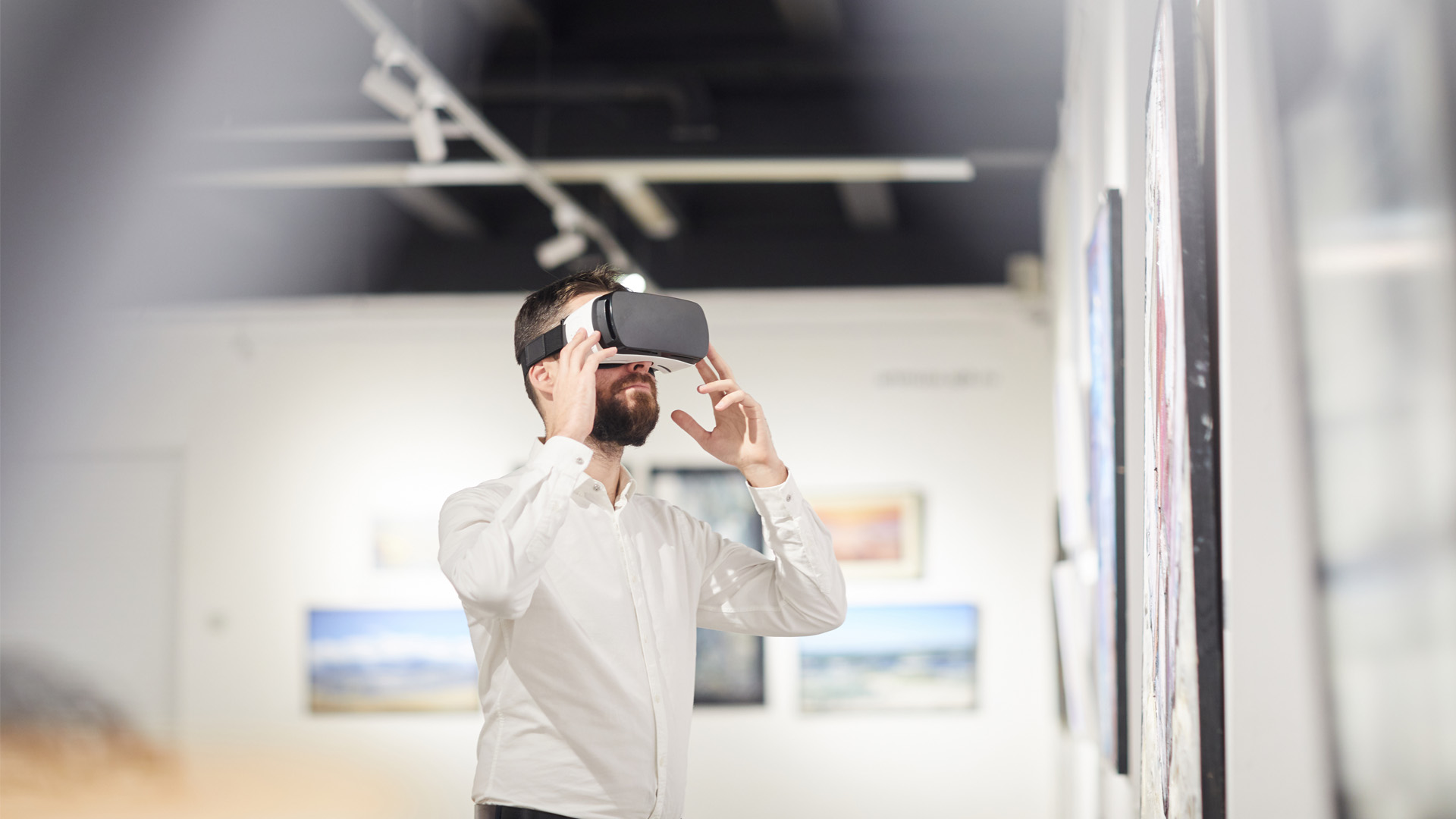Researcher in Residence: Making design sustainable

Environmental concerns are paramount and understanding the impact of design choices is crucial. However, effectively communicating these impacts across diverse technical and non-technical backgrounds presents a significant challenge. This is where the innovative Immersive Reality (XR) design tools, University of Bristol academic Chris Snider and the Advanced Manufacturing Research Centre (AMRC) come into play.
Funded by the Innovation Launchpad Network+, Chris will be working alongside experts at the AMRC in Sheffield. XR design tools offer a unique solution by allowing stakeholders to interact with both physical and digital designs simultaneously. This means that individuals with varying levels of technical expertise can easily visualise and understand the environmental implications of their preferences and changes.
But what sets this project apart is its focus on sustainability. By combining XR prototyping tools with lightweight analytics, Chris aims to provide stakeholders and designers with real-time feedback on the lifecycle impact of their design decisions. This means that from the early stages of design, they can explore alternatives and make informed choices that minimise environmental impact.
The project will deploy a comprehensive set of tools that address key environmental considerations, such as geometric complexity, manufacturing costs, packaging efficiency, and embodied carbon of components. By embedding environmental performance data directly onto early-stage designs through XR visualisation and feedback, stakeholders can gain deeper insights into the environmental costs of their preferences.
Furthermore, the project will enable tangible and interactive exploration of design options, empowering stakeholders to identify and implement impact-reducing strategies. Ultimately, these tools will facilitate collaboration between stakeholders and designers, ensuring that environmental considerations are integrated into the design process from the outset.



